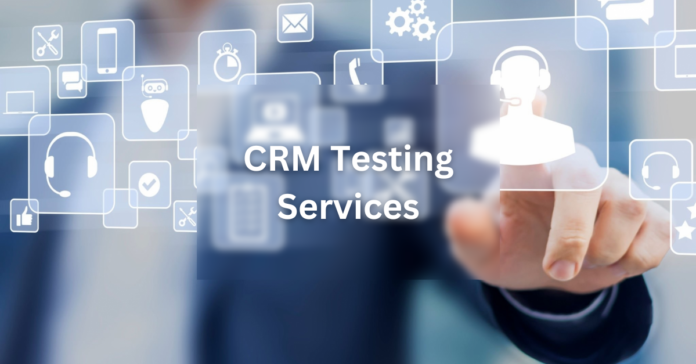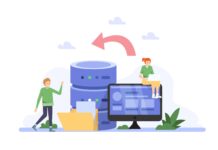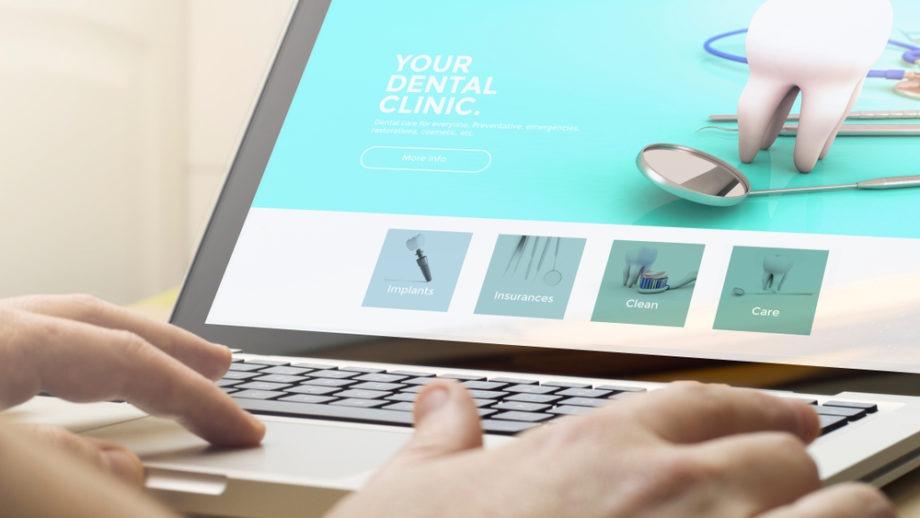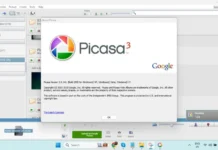CRM frameworks have become fundamental for firms. In any case, it should also be tried with any product application. It guarantees that the app will work and address the issues of end clients. This blog checks the various types of CRM testing and explains why each is significant.
What is CRM Testing?
CRM testing is a way of assessing and testing client relationship frameworks. This includes surveying the framework’s usefulness, execution, security, likeness, and convenience. The screening aims to guarantee that the system meets the business requisites. The testing system includes both manual testing and mechanized testing.
What are the Different Types of CRM Testing?
Here are the different CRM testings:
Functional Testing
This testing helps test any product application, including CRM frameworks. CRM testing services guarantee that the framework’s useful functions are true to form and meet the needs. Functional testing can be led at different phases of the SDLC.
Unit testing is performed at the superior part level in Functional testing. Integration testing confirms that various parts of the structure cooperate. System testing tests the whole framework to guarantee that it meets the necessities.
User Acceptance Testing (UAT)
End clients or business partners perform UAT. They test the framework to guarantee that it meets their assumptions. It is performed in a pre-creation environment, which duplicates the creation climate.
It is one of the types of CRM testing that includes going through different test situations. It checks for any holes in what the end client expects and the framework conveys. Any issues noted should be settled before the framework goes live.
Performance Testing
Execution testing is used for testing the performance of any framework. This testing confirms how well the framework performs under various burden conditions. Using it allows engineers to check the bottleneck and issues.
The testing can be isolated into a few sub-types to follow the CRM test procedure. The first one is load testing which mimics regular use case examples. The second is stress testing, which tests the framework under a high burden.
Security Testing
The procedure in it contains delicate client information. This testing notices any weaknesses in the framework. It incorporates both manual and automated testing methods. It also covers the scope of safety-related issues.
Some normal security testing procedures include infiltration testing, weakness checking, and code survey. At the same time, penetration testing includes endeavouring to hack into the framework. Flaw scanning involves mechanized devices.
Compatibility Testing
This is one of the types of CRM testing that is merged with other programming applications or frameworks. It guarantees that the framework works with different apps. This includes testing the framework’s compatibility with various devices and browsers.
Cross-browser testing includes checking that the framework works on various internet browsers. Cross-platform test compatibility with various working OS. Database testing includes testing compatibility with various database services.
Regression Testing
Since changes made to the framework can present bugs, thus this testing is used. This includes retesting the framework after changes have been made. It can be tedious and requires a robust testing system.
It can be led at various assessment levels, including unit testing, coordination testing, and framework testing. This can be done manually or using automated testing tools.
Localization Testing
It is fundamental for testing CRM frameworks that are utilized in an area. This assessment confirms that the framework works in various areas and dialects. Localization testing guarantees that the framework addresses the issues of clients.
Language testing includes checking that the framework works in various dialects. Date and time testing ensures that the framework works with the local date and time designs.
Exploratory Testing
This includes digging into different use cases and situations without predefined experiments. It recognizes any startling issues or client experience issues. Both analyzers and end-clients can do it at any phase of the SDLC.
It includes examining the framework in an unstructured way and utilizing different methods. This testing can be performed both manually and using automated testing devices. It is one of the types of CRM testing which is used the most.
What are CRM Test Procedures?
Here are some vital CRM test procedures to use for each test:
- Characterize testing degrees and targets
- Distinguish testing requisites
- Foster test plan
- Execute functional testing to guarantee the CRM framework performs as planned.
- Lead client acknowledgement testing to guarantee that the CRM framework meets end-client needs.
- Perform execution testing to guarantee that the framework can deal with expected loads.
- Direct security testing to guarantee the system is secure and safeguards data
- Perform compatibility testing to guarantee that the CRM framework works across gadgets.
- Lead regression testing guarantees that new changes or updates don’t have bugs.
- Performing localization testing ensures that the app works in various dialects and locales.
- Lead exploratory testing to distinguish any potential convenience issues.
How will CRM Testing Services Help use these Services?
They help firms with various kinds of CRM testing by providing particular skills. Their services can assist businesses with smoothing out their testing processes. They also help in decreasing testing time and expenses.
Here are a few ways through which CRM testing services can assist you:
-
Specialized Expertise
Agencies guarantee that firms will approach the most recent testing procedures. They also provide businesses with experienced testing experts. Those specialists can grasp the intricacies of CRM frameworks.
-
Comprehensive Testing
They can assist companies with directing the complete testing of their frameworks. These agencies can assist firms in recognizing any likely issues. They guarantee that the issues are settled before they influence end clients.
-
Improved Efficiency
Services can assist groups by working on the capacity of their testing processes. These officials can use devices and structures to smooth out the testing system. This empowers firms to test their system with different types of CRM testing.
-
Risk Mitigation
Agencies reduce the dangers related to frameworks. They can assist companies in distinguishing any likely issues. Experts guarantee their CRM frameworks are secure, dependable, and easy to use.
-
Quality Assurance
Specialists can assist firms in guaranteeing that their frameworks meet the end clients. They recognize any flaws in the frameworks by working on their nature. By using CRM services, businesses can guarantee that their frameworks are upgraded.
Conclusion
CRM frameworks are perplexing programming applications that require thorough testing. Various types of CRM testing guarantee that the framework addresses the issues. Thus understand and integrate them into the testing system. With this, you can guarantee that your CRM framework is dependable, secure, and easy to use.















![ESET NOD32 Antivirus License Key [Latest 2022] Free Activation ESET NOD32 Antivirus License Key](https://www.techwebtopic.com/wp-content/uploads/2022/01/EAV-Linux-thumbnail-1.jpg)
